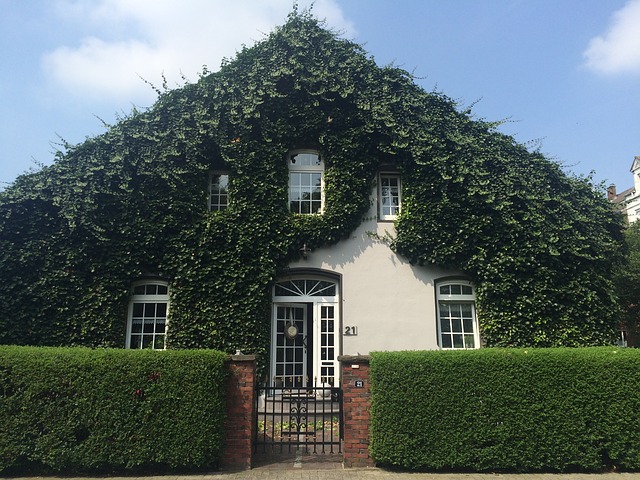Introduction
Deferred maintenance is a term commonly used in the real estate industry to describe the postponement of necessary repairs and maintenance on a property. It refers to the practice of neglecting routine upkeep and necessary repairs, often due to budget constraints or a lack of awareness of the potential consequences. While it may seem like a cost-saving measure in the short term, deferred maintenance can have significant long-term implications for property owners and investors.
Understanding Deferred Maintenance
Deferred maintenance occurs when property owners or managers delay necessary repairs and maintenance tasks, such as fixing leaky roofs, repairing plumbing issues, or replacing worn-out flooring. These tasks are typically part of regular property maintenance and are essential for preserving the value, functionality, and safety of a property.
Reasons for Deferred Maintenance: There are several reasons why property owners may choose to defer maintenance:
1. Budget Constraints: Limited financial resources may lead property owners to prioritize other expenses over maintenance. This can be particularly common in situations where the property is generating low income or experiencing financial difficulties.
2. Lack of Awareness: Some property owners may not fully understand the importance of regular maintenance or the potential consequences of neglecting it. They may underestimate the impact that deferred maintenance can have on property value and tenant satisfaction.
3. Short-Term Thinking: In some cases, property owners may prioritize short-term financial gains over long-term property preservation. They may choose to delay maintenance in order to maximize immediate profits, without considering the potential costs and risks associated with neglecting upkeep.
The Consequences of Deferred Maintenance
While deferring maintenance may provide short-term cost savings, it can have significant long-term consequences:
1. Decreased Property Value: Neglected properties tend to deteriorate faster, leading to a decline in value. Deferred maintenance can make it challenging to attract potential buyers or tenants, as they may perceive the property as poorly maintained and less desirable.
2. Increased Repair Costs: Delaying necessary repairs often leads to more extensive damage over time. What could have been a minor repair can escalate into a major issue, requiring costly repairs or even full replacements. For example, a small leak left unattended can result in water damage, mold growth, and structural issues.
3. Tenant Dissatisfaction: Deferred maintenance can negatively impact tenant satisfaction and retention. Tenants are more likely to be dissatisfied with a property that has unresolved maintenance issues, leading to higher turnover rates and difficulties in finding new tenants.
4. Legal and Safety Risks: Neglected maintenance can create safety hazards and increase the risk of accidents or injuries on the property. Property owners may also face legal consequences if they fail to address maintenance issues that violate local building codes or regulations.
Conclusion
Deferred maintenance in real estate refers to the practice of postponing necessary repairs and maintenance tasks on a property. While it may seem like a cost-saving measure in the short term, it can have significant long-term consequences, including decreased property value, increased repair costs, tenant dissatisfaction, and legal and safety risks. Property owners should prioritize regular maintenance to preserve the value, functionality, and safety of their properties.
References
– National Association of Realtors: www.nar.realtor
– Investopedia: www.investopedia.com
– The Balance: www.thebalance.com











